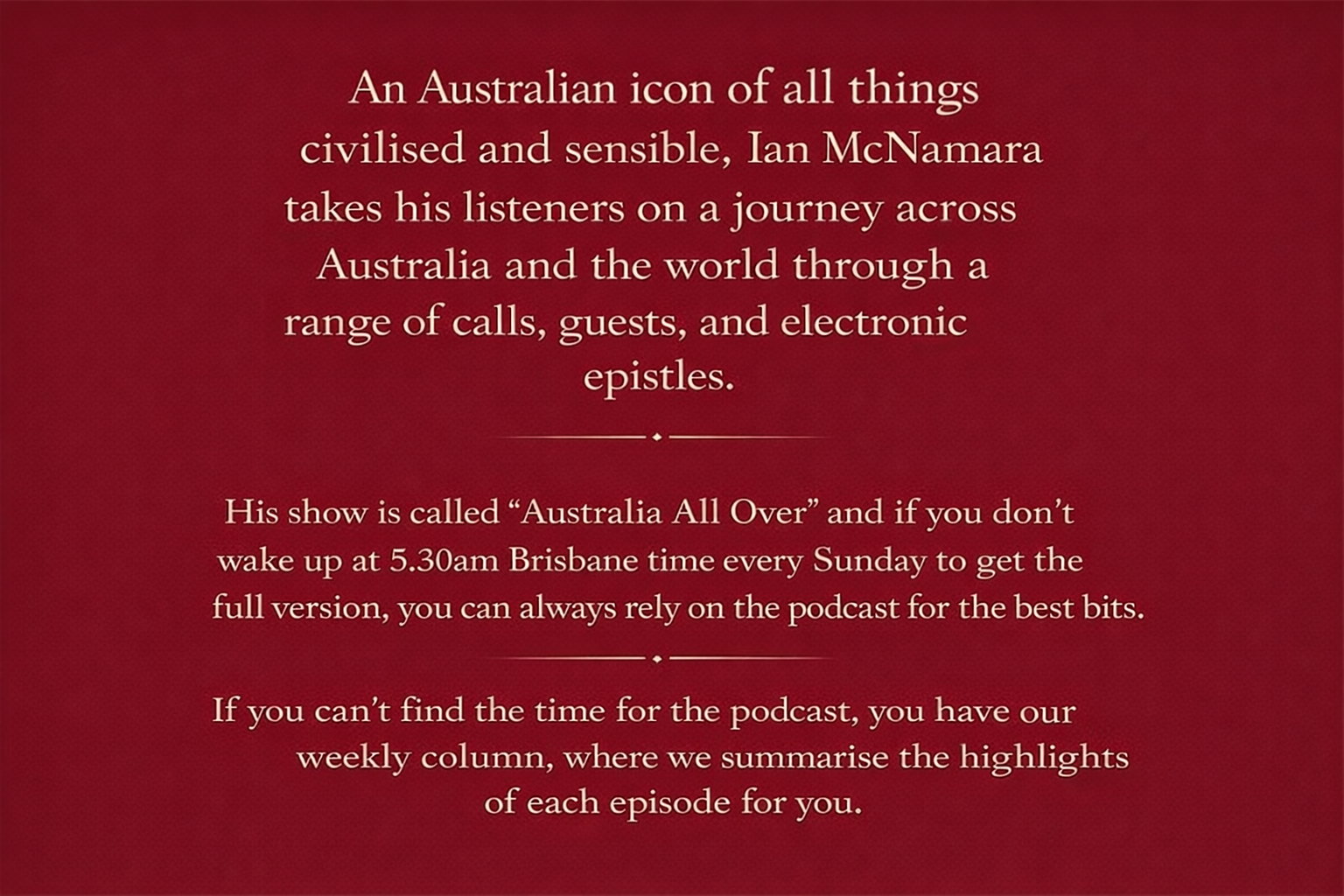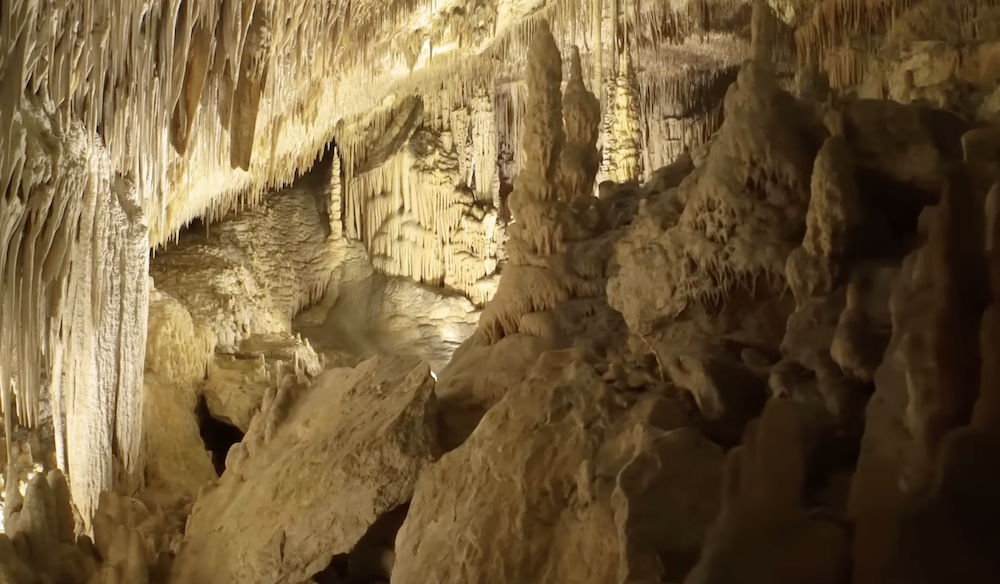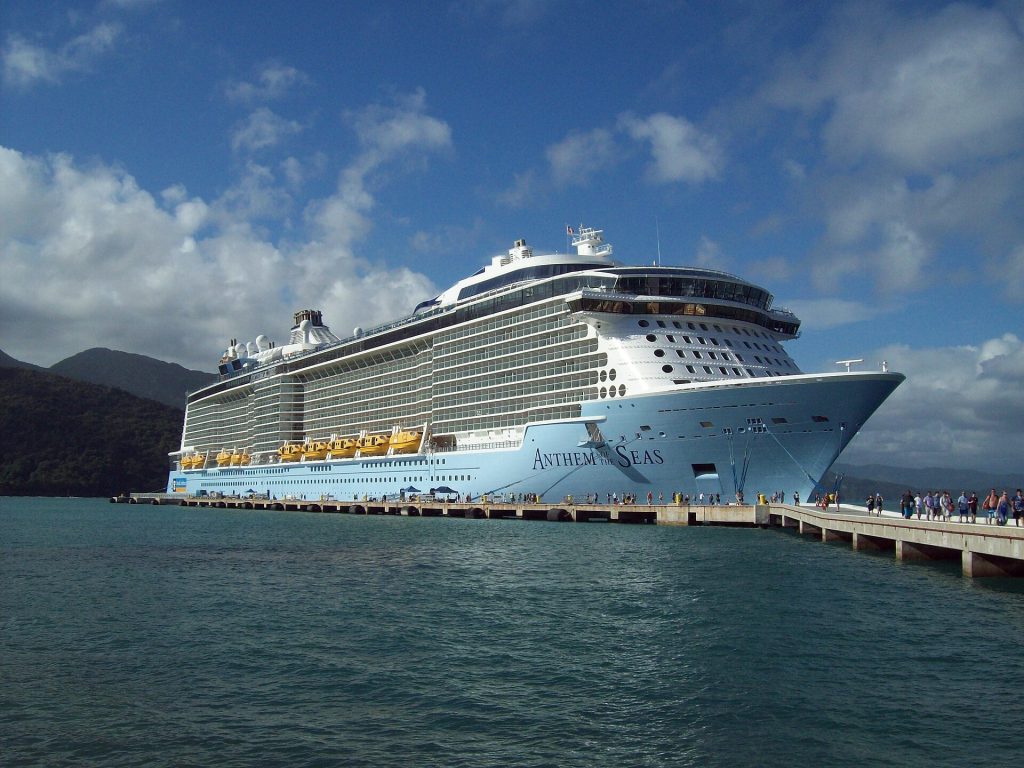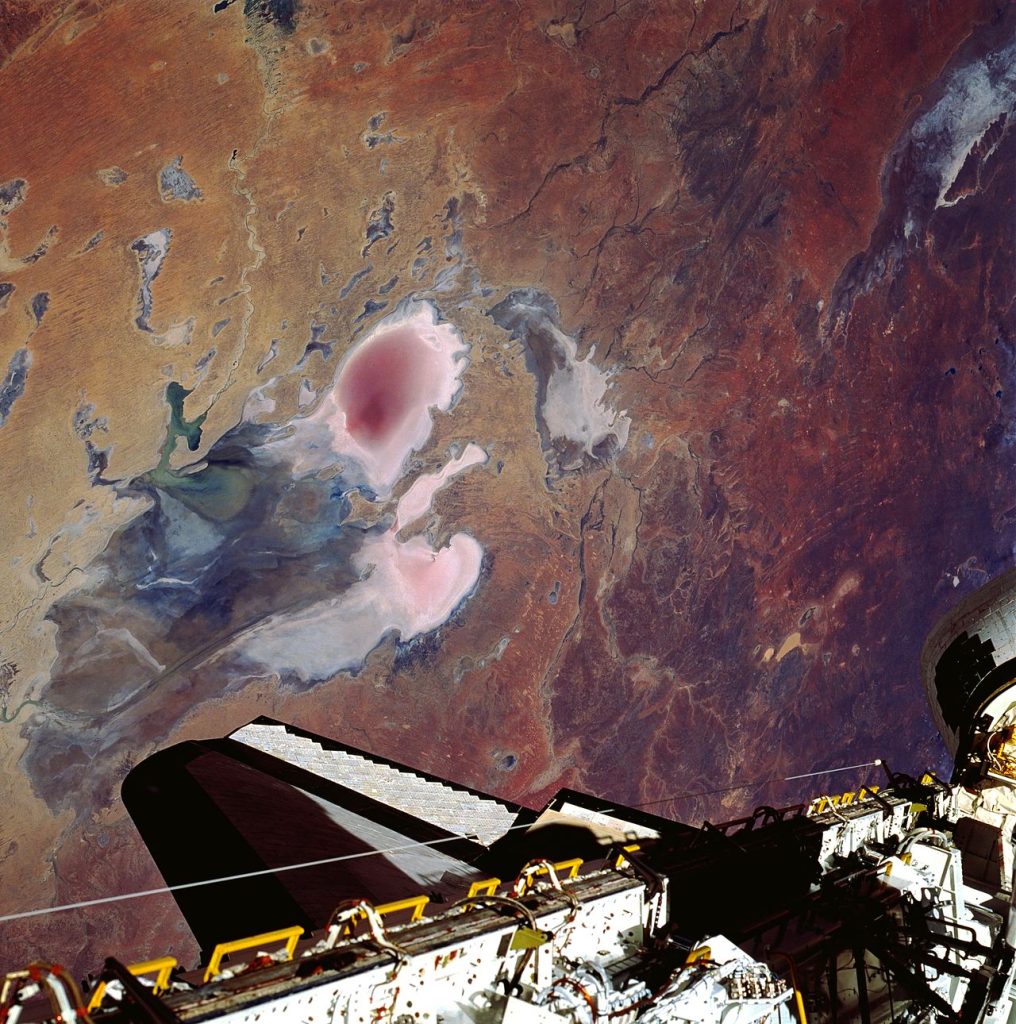
Freight, Fire, and the Long Summer Between
By mid-February the country is no longer easing into the year. It is properly back at work. Trucks are running full schedules again. Agricultural shows are back on the calendar. Fire recovery has moved from emergency response to long-term repair. And the conversations feel less like holiday reflections and more like people taking stock.
This week’s calls moved carefully between memory, labour, weather and the small details that anchor a community.
Albury and the Road That Keeps Moving
Ron Fennimore was somewhere between Gunning and Goulburn when he rang. Eleven trucks under his management. Hay, cattle, general freight. The kind of fleet that keeps regional Australia supplied without much notice.
He had been in Albury the day before for the memorial of Max Luff.
Max, Ron said, was not just another operator. Founder of Border Express in 1981. A man who built a national freight company from the border country and remained connected to the region that shaped him. A significant supporter of the Albury Wodonga Regional Cancer Centre Trust.
Ron spoke about the turnout first. Drivers rearranging runs to attend. Trucks parked along the street. Old hands and young operators in the same room. In transport, reputation is everything. You either pay on time, honour your word and stand by people, or you do not last.
He described the service as packed. That, in his world, was the measure. Respect is counted in attendance.
Then he was back behind the wheel, southbound again.
Volunteers in the Ash
Robin from Boronia shifted the tone. She had been involved with four-wheel drive clubs heading into fire-affected areas around Fawcett and Yarck.
The fires were no longer front-page news, but the damage remained. Fence lines reduced to twisted wire. Star pickets bent. Access tracks washed out or blocked by fallen timber. Farmers still tallying stock losses.
The clubs were bringing trailers, tools and time. Clearing debris. Rebuilding fences. Helping with the jobs that are too big for one person but too small to attract formal funding.
Robin described the rhythm of it. Early starts. Shared lunches on tailgates. Listening while landholders talk through what they have lost and what they plan to rebuild. Recovery, she said, is not a single moment. It is cumulative.
The work is practical. The effect is often emotional.
Gundagai and the Show Ring
Jim rang from Gundagai where the annual show was underway in full heat.
He painted the scene carefully. Horses circling in the ring. Pavilion tables lined with jars of preserves and carefully folded knitting. Woodchop events drawing a steady crowd. Kids leading calves through dust under a wide sky.
Shows, he said, are not nostalgia. They are continuity. No matter what the season has delivered — drought, flood, low prices — the show goes on.
There was pride in the way he described the committee’s effort. Entries were strong. The district had turned out. The sound of generators and loudspeakers carried across the grounds.
In uncertain seasons, routine can feel like stability.
Beef, Receipts and the Supermarket Question
Andrew’s call moved into the economics of the kitchen table.
He had recently returned from Japan and observed how Australian beef is marketed there — presented as premium, priced accordingly, carefully displayed. Back home, he had been comparing prices at Coles and Woolworths, noting identical pricing across multiple items.
He questioned whether farmers were receiving fair returns and whether supermarket margins were narrowing competition. The discussion moved through export dynamics and domestic supply chains. Macca pressed him on where value is captured.
Andrew’s tone was measured rather than heated. It was about transparency. About wanting clarity in a system that feels increasingly complex.
The weekly grocery bill, he implied, is becoming a point of scrutiny.
Surf Boats at Wanda
From economics to the beach.
The Australian Surf Rowers League carnival at Wanda Surf Life Saving Club was in full swing. Crews lined up at the water’s edge. Oars raised. Sweeps calling timing against the incoming sets.
Surf boat rowing is technical and physical. Five rowers and one sweep must move as a single unit. The sets at Wanda were clean but demanding. The caller described the tension at the start line, the split-second timing required to catch a wave cleanly.
There was pride in the discipline. Early training sessions. Travel between states. Families on the sand watching closely. The culture of surf life saving running alongside competition.
The boats are heavy. The effort visible. The sport remains resolutely physical.
Cabargo and the Long After
A letter from near Cabargo carried the morning into deeper reflection.
The writer described properties around Wandella and Yowrie, on the edge of Wadbilliga National Park, still carrying the imprint of the Black Summer fires. Some homes rebuilt. Others not. Insurance negotiations stretched over years. Fences replaced slowly.
The detail was specific. The way certain gullies burned hotter. The speed at which the wind changed direction. The silence afterward.
Recovery, the writer suggested, does not follow a timetable. Bush regenerates unevenly. People do too.
The tone was steady, not dramatic. That made it more affecting.
Looking Up from Coonabarabran
Dr Duncan Steele shifted the lens skyward.
From observatories near Coonabarabran, astronomers study the southern sky — the Magellanic Clouds, Alpha and Beta Centauri. He spoke about long orbital cycles and Milankovitch theory, about how planetary patterns influence climate over vast stretches of time.
It was not an attempt to dismiss present-day concerns. It was about scale. Human debates sit within much larger cycles.
Looking up, he suggested, can steady perspective.
Snowfields and Changing Winters
The conversation turned briefly to the alpine resorts — Thredbo and Perisher — and the variability of snow seasons. Businesses reliant on winter tourism watching forecasts closely.
There was no dramatic claim, just recognition that adaptation may be required. Seasonal industries have always lived with uncertainty. The margins, perhaps, feel tighter now.
Holding the Threads Together
By the time the calls slowed, the map had stretched again.
From a memorial hall in Albury to burnt paddocks in Victoria. From show rings in Gundagai to surf boats at Wanda. From supermarket aisles to observatories under clear country skies.
Freight still moves. Volunteers still turn up. Shows still open their gates. Families still read their receipts carefully. The sky remains where it has always been.
For a few hours on a Sunday morning, those threads are spoken aloud.
Listen to the podcast episode here.
Disclaimer: ‘Australia All Over’ is a program produced and broadcast by the ABC Local Radio Network and hosted by Ian McNamara. Brisbane Suburbs Online News has no affiliation with Ian McNamara, the ABC, or the ‘Australia All Over’ program. This weekly review is an independent summary based on publicly available episodes. All original content and recordings remain the property of the ABC. Our summaries are written in our own words and are intended for commentary and review purposes only. Readers can listen to the full episodes via the official ABC platforms.
























